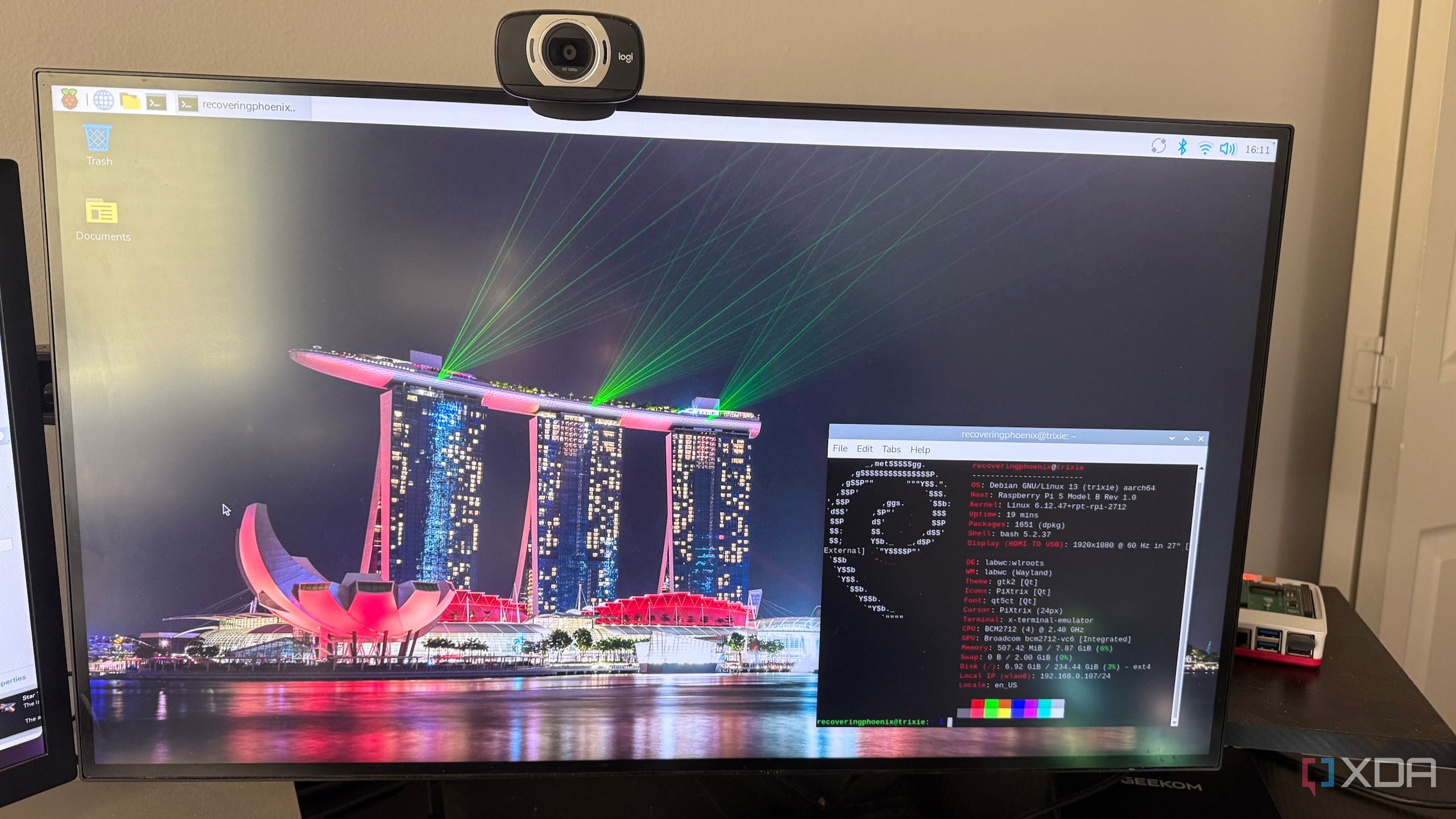Top Stories
New Insights Reveal Major Confusion in Open Source Software

New reports confirm a disturbing trend in software labeling that could impact users worldwide. A growing number of companies are marketing their products as “open-source” while employing restrictive licenses that limit user freedoms. This urgent issue challenges the very foundation of the open-source movement, affecting developers and users alike.
Experts warn that the blurring line between “open-source” and “source-available” software is misleading consumers. While transparency is often touted, it does not guarantee freedom. Notably, projects like Meta’s Llama have attracted attention for their restrictive licenses, which prohibit commercial use despite being labeled as open-source. Similarly, Elastic and Redis have pivoted from open-source to source-available models, further complicating user rights.
The Open Source Initiative (OSI) defines true open-source software as that which permits unrestricted use, modification, and redistribution under licenses such as the GNU General Public License (GPL). However, many companies now use the term “open” to create a veneer of transparency while imposing limitations that contradict the essence of open-source principles.
This shift has significant implications. Users, excited by the promise of open collaboration, often discover that they cannot modify or share the software as they anticipated. The emotional impact is profound; developers who once thrived in collaborative environments are now left feeling restricted and confused.
The real-world consequences are evident. As companies prioritize their business interests, the community suffers. Projects that are meant to be collaborative are increasingly controlled by single entities, undermining the community-driven ethos that has fueled innovations like Linux and Blender.
To differentiate between genuine open-source and source-available software, users are advised to examine licenses closely. OSI-approved licenses guarantee freedoms that restricted licenses do not. This clarity is essential for fostering true innovation and collaboration.
As this situation develops, experts emphasize the importance of maintaining the integrity of the open-source label. The movement thrives on shared ownership and accountability, and diluting this term could deter future contributors and innovations.
In an industry where every decision counts, understanding these distinctions is critical. Users are encouraged to support authentic open-source projects to ensure a diverse and adaptable software landscape. The future of collaboration in the tech world hinges on this understanding, making it imperative for users and developers to act wisely.
Stay tuned for further updates on this evolving story as the implications of these changes continue to unfold.
-

 Science2 weeks ago
Science2 weeks agoIROS 2025 to Showcase Cutting-Edge Robotics Innovations in China
-

 Politics2 weeks ago
Politics2 weeks agoJudge Considers Dismissal of Chelsea Housing Case Citing AI Flaws
-

 World2 weeks ago
World2 weeks agoBravo Company Veterans Honored with Bronze Medals After 56 Years
-

 Top Stories2 weeks ago
Top Stories2 weeks agoIndonesia Suspends 27,000 Bank Accounts in Online Gambling Crackdown
-

 Lifestyle2 weeks ago
Lifestyle2 weeks agoStone Island’s Logo Worn by Extremists Sparks Brand Dilemma
-

 Health2 weeks ago
Health2 weeks agoStartup Liberate Bio Secures $31 Million for Next-Gen Therapies
-

 Sports2 weeks ago
Sports2 weeks agoMel Kiper Jr. Reveals Top 25 Prospects for 2026 NFL Draft
-

 Health2 weeks ago
Health2 weeks agoTop Hyaluronic Acid Serums for Radiant Skin in 2025
-

 World2 weeks ago
World2 weeks agoHoneywell Predicts Record Demand for Business Jets Over Next Decade
-

 Politics2 weeks ago
Politics2 weeks agoNew Jersey Voters Urged to Register Ahead of November Election
-

 Sports2 weeks ago
Sports2 weeks agoYamamoto’s Mastery Leads Dodgers to 5-1 Victory in NLCS Game 2
-

 Lifestyle2 weeks ago
Lifestyle2 weeks agoMary Morgan Jackson Crowned Little Miss National Peanut Festival 2025







